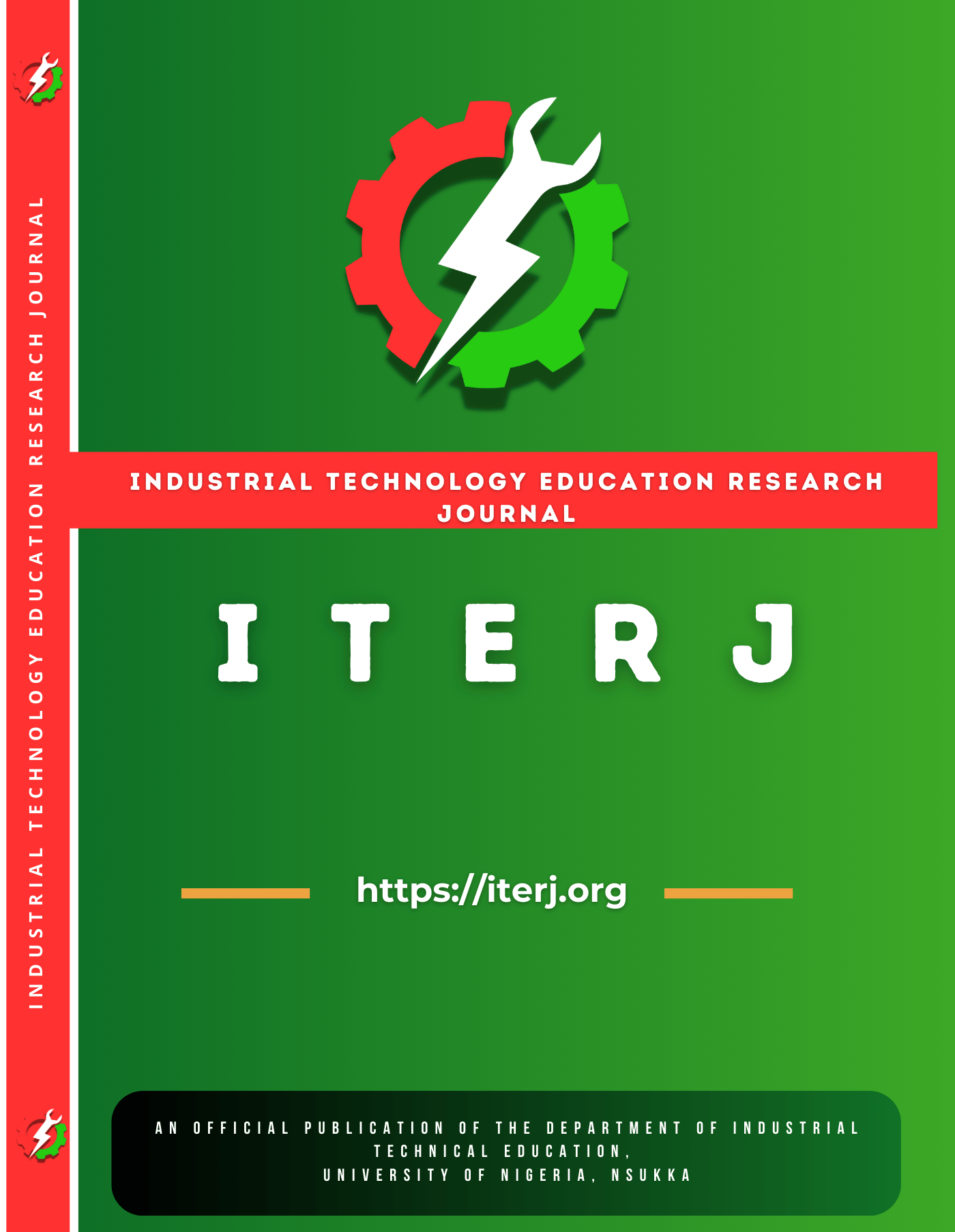Impact of Mentoring Programme on Job Performance and Retention of MetalworkTeachers in Technical Colleges in North West Nigeria
Keywords:
mentoring, mentors, mentees, metalwork teachersAbstract
The study was conducted to determine the impact of a mentoring programme on the job performance and retention of metalwork teachers in North-West, Nigeria. The study employed a quasi-experimental research design with non-equivalent groups. The population for the study consisted of 152 less experienced metalwork teachers in technical colleges. A purposive sample of 35 male and female teachers was used, with 16 teachers in the experimental group and 19 teachers in the control group, drawn from four technical colleges in North-West Nigeria. The instruments used for data collection were a structured questionnaire titled Career Mentoring and Behaviour Measures (CMBM) and the Teacher Mentoring Programme Guide (TMPG), which was used for treatment. The reliability coefficient of the questionnaire was 0.93 using Cronbach’s Alpha. The experimental group was trained using the TMPG, while the conventional approach was used for the control group. A pretest was administered to both groups a week before the 15-week training began, followed by the treatment with TMPG for 13 weeks. The data generated from the pretest and posttest were analyzed using mean and standard deviation. Analysis of Covariance (ANCOVA) was used to test hypotheses 1 and 2, while hypothesis 3 was tested with Multivariate Analysis of Variance (MANOVA). The findings revealed a significant impact of the mentoring programme on job performance and retention but no significant influence of gender on the mentoring programme’s effect on job performance and retention. The study also revealed that the mentoring programme had a more positive effect than the conventional professional development approach on metalwork teachers’ behavior toward teaching, irrespective of age, academic qualification, and gender.








